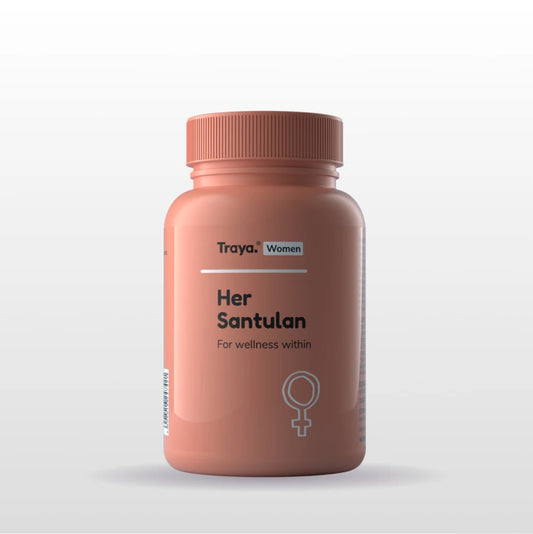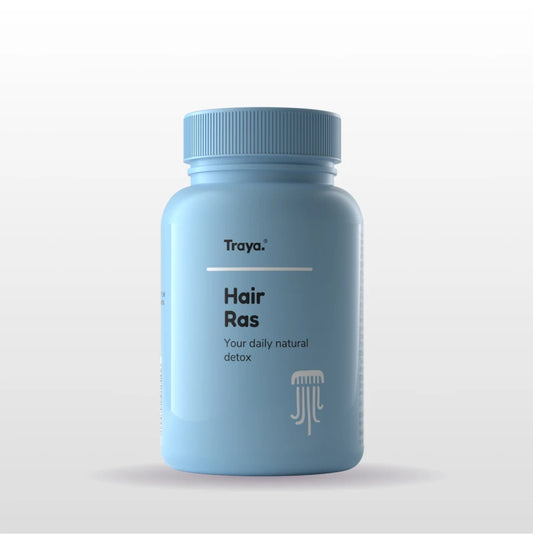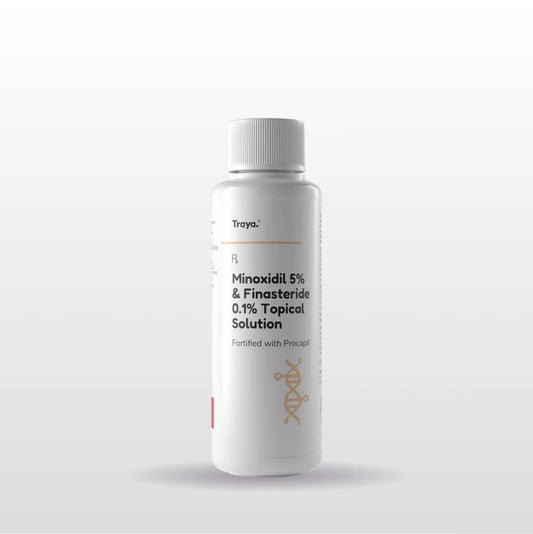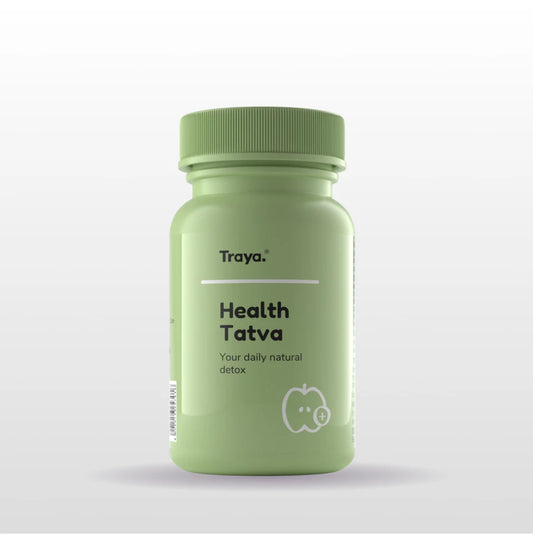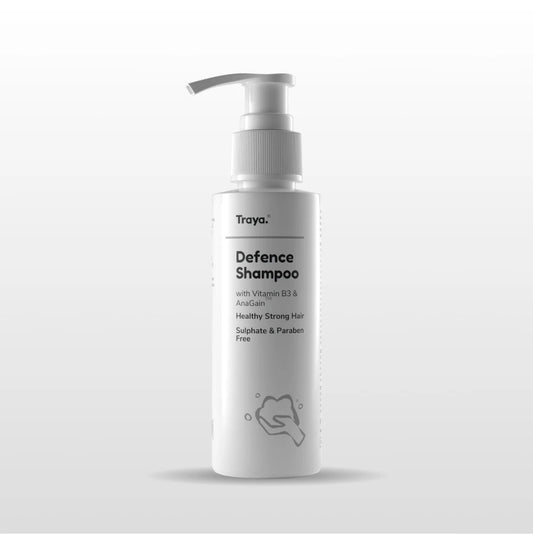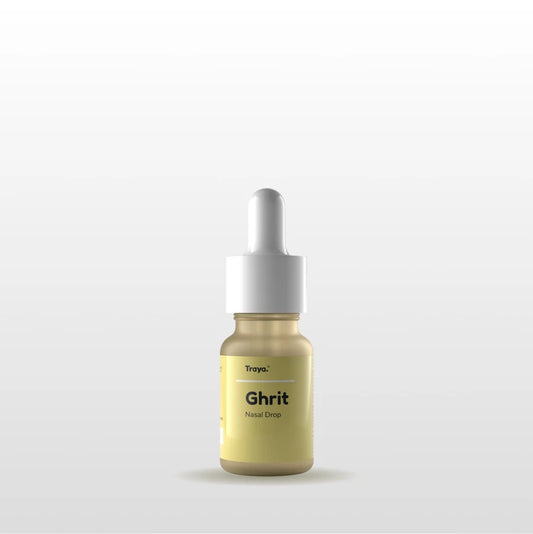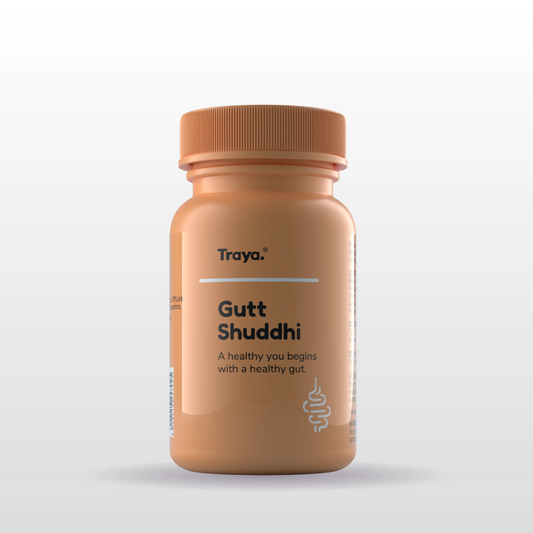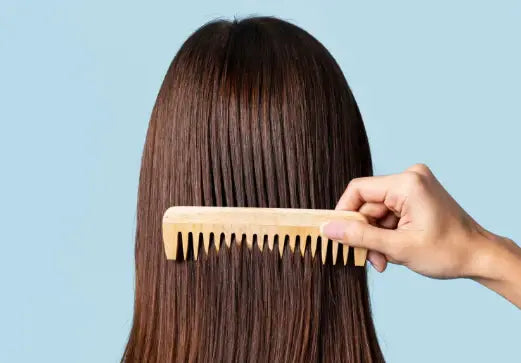
1 महीने में बालों को लंबा कैसे करें?
हम सभी जल्द से जल्द अपने बालों की लंबाई में महत्वपूर्ण सुधार चाहते हैं। बाल हमारी पर्सनेलिटी के अहम हिस्सों में से एक हैं और ऐसे में ये सर्वोत्तम अवस्था...
1 महीने में बालों को लंबा कैसे करें?
हम सभी जल्द से जल्द अपने बालों की लंबाई में महत्वपूर्ण सुधार चाहते हैं। बाल हमारी पर्सनेलिटी के अहम हिस्सों में से एक हैं और ऐसे में ये सर्वोत्तम अवस्था...
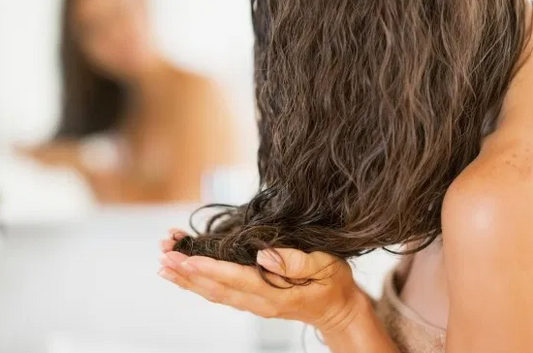
बालों की देखभाल के 12 असरदार और आसान टिप्स
जितना महत्त्वपूर्ण शरीर के अन्य अंगों जैसे ह्रदय, जोड़ों, आँखें आदि की देखभाल जरुरी है, उतना ही जरुरी है बालों की भी देखभाल. अक्सर यह पाया गया है कि हम...
बालों की देखभाल के 12 असरदार और आसान टिप्स
जितना महत्त्वपूर्ण शरीर के अन्य अंगों जैसे ह्रदय, जोड़ों, आँखें आदि की देखभाल जरुरी है, उतना ही जरुरी है बालों की भी देखभाल. अक्सर यह पाया गया है कि हम...
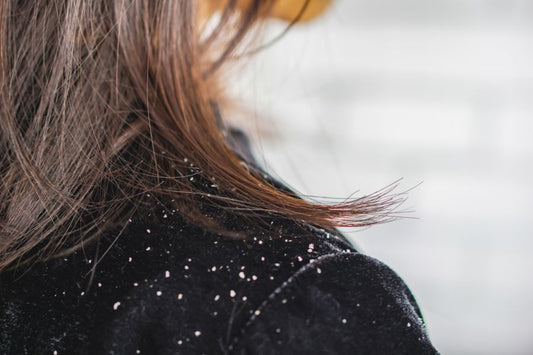
डैंड्रफ के कारण, लक्षण और उपचार | Dandruff in H...
डैंड्रफ होना सिर्फ बालों के झड़ने की समस्या में योगदान ही नहीं देता है, बल्कि यह हमारी निजी जिंदगी पर भी नकारात्मक प्रभाव डालता है और शर्मिंदगी महसूस कराता है।...
डैंड्रफ के कारण, लक्षण और उपचार | Dandruff in H...
डैंड्रफ होना सिर्फ बालों के झड़ने की समस्या में योगदान ही नहीं देता है, बल्कि यह हमारी निजी जिंदगी पर भी नकारात्मक प्रभाव डालता है और शर्मिंदगी महसूस कराता है।...

बालों की ग्रोथ कैसे बढ़ाएं? जानें असरदार हेयर ग...
बाल हमारे सिर के ताज माने जाते हैं और इनकी बनावट, आकार और स्वास्थ्य हमारे पूरे पर्सनालिटी को प्रभावित करता है. आपने अक्सर गौर किया होगा कि अगर आपके बाल...
बालों की ग्रोथ कैसे बढ़ाएं? जानें असरदार हेयर ग...
बाल हमारे सिर के ताज माने जाते हैं और इनकी बनावट, आकार और स्वास्थ्य हमारे पूरे पर्सनालिटी को प्रभावित करता है. आपने अक्सर गौर किया होगा कि अगर आपके बाल...
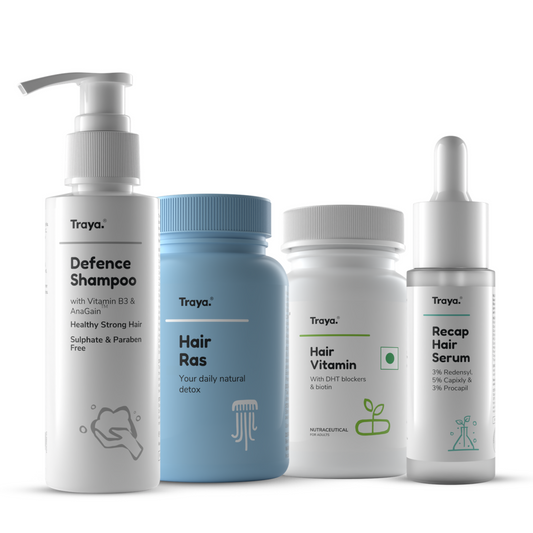
बाल उगाने की सही टेबलेट और दवाइयाँ: बायोटिन, फि...
भारत सहित पुरे विश्वभर में काफी लोग गंजेपन की समस्या से परेशान हैं. स्कैल्प पर नए बालों को उगाने के लिए तरह तरह के तेल, दवाएं, कंडीशनर आदि का सेवन...
बाल उगाने की सही टेबलेट और दवाइयाँ: बायोटिन, फि...
भारत सहित पुरे विश्वभर में काफी लोग गंजेपन की समस्या से परेशान हैं. स्कैल्प पर नए बालों को उगाने के लिए तरह तरह के तेल, दवाएं, कंडीशनर आदि का सेवन...
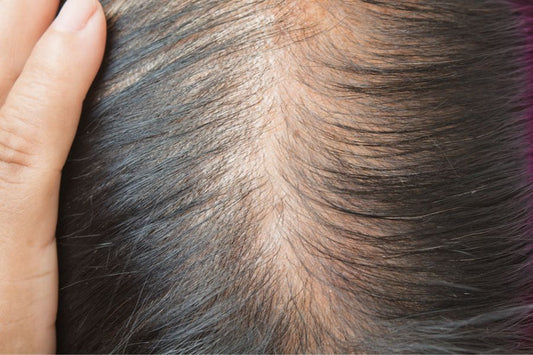
बाल झड़ना कैसे रोकें: प्राकृतिक और सरल घरेलू उपाय
क्या आप अपने सिर की तुलना में अपने कंघे पर अधिक बाल देखकर थक गए हैं? बाल झड़ना एक आम समस्या है जिसका हम में से कई लोग सामना करते...
बाल झड़ना कैसे रोकें: प्राकृतिक और सरल घरेलू उपाय
क्या आप अपने सिर की तुलना में अपने कंघे पर अधिक बाल देखकर थक गए हैं? बाल झड़ना एक आम समस्या है जिसका हम में से कई लोग सामना करते...



